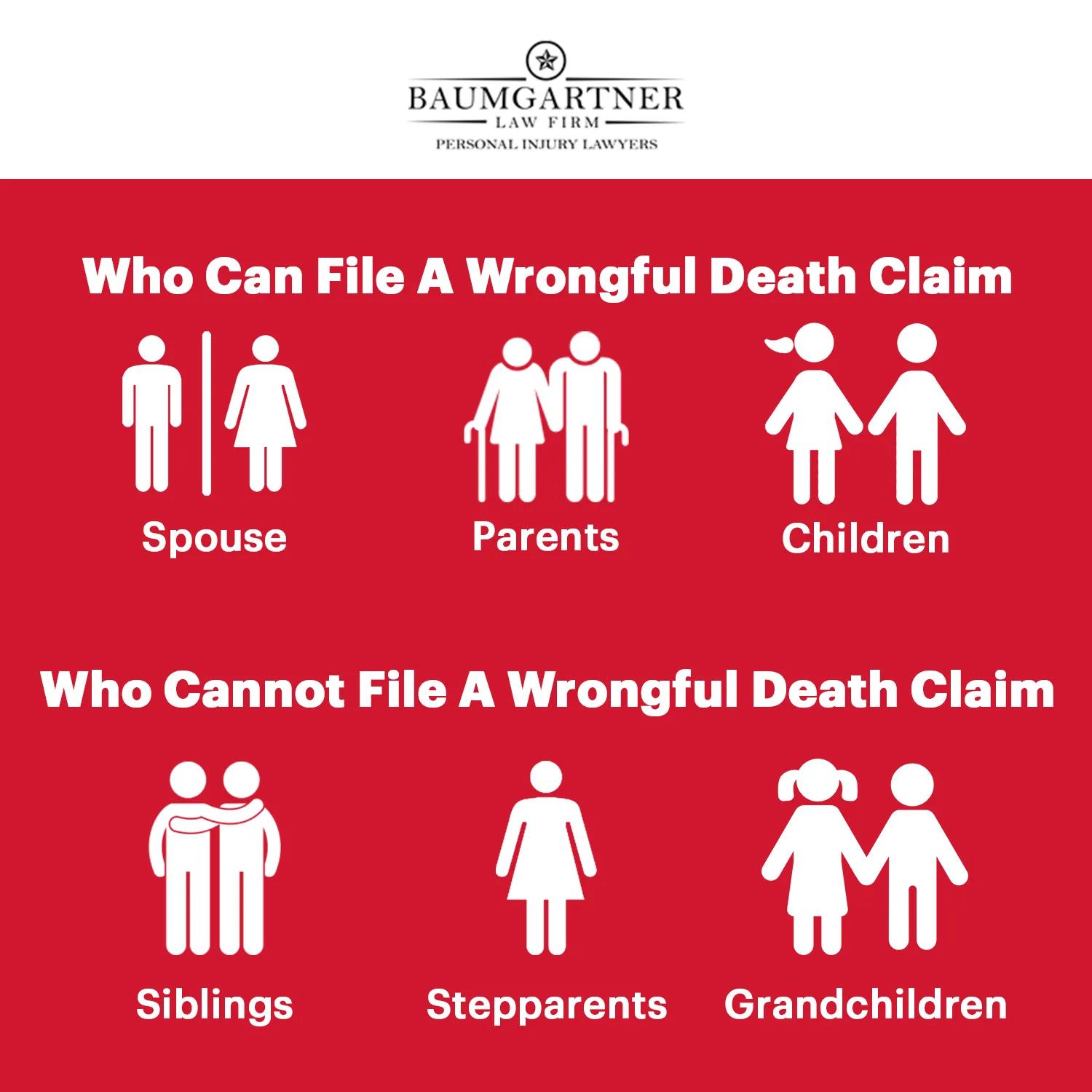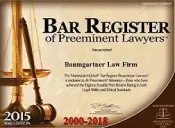- Home
- About Us
- Practice Area
- Personal Injury
- Wrongful Death
- Daycare Injury
- Pedestrian Accident
- Construction Accidents
- Burn Injury
- Catastrophic Injury
- Electrical Injury
- Brain Injury
- Work Injury
- Product Liability
- Drowning Accident
- Carbon Monoxide Poisoning
- Punitive Damages
- Dog Bite
- Spinal Cord Injury
- Truck Accident
- Car Accident
- Drunk Driving Accident
- Bus Accident
- Uber Accident
- Lyft Accident
- Motorcycle Accident
- Boat Accident
- Dram Shop Liability
- ATV Accident
- Case Results
- Areas Served
- Blog
- Contact Us
- Home
- About Us
- Practice Area
- Personal Injury
- Wrongful Death
- Daycare Injury
- Pedestrian Accident
- Construction Accidents
- Burn Injury
- Catastrophic Injury
- Electrical Injury
- Brain Injury
- Work Injury
- Product Liability
- Drowning Accident
- Carbon Monoxide Poisoning
- Punitive Damages
- Dog Bite
- Spinal Cord Injury
- Truck Accident
- Car Accident
- Drunk Driving Accident
- Bus Accident
- Uber Accident
- Lyft Accident
- Motorcycle Accident
- Boat Accident
- Dram Shop Liability
- ATV Accident
- Case Results
- Areas Served
- Blog
- Contact Us
- Home
- About Us
- Practice Area
- Personal Injury
- Wrongful Death
- Daycare Injury
- Pedestrian Accident
- Construction Accidents
- Burn Injury
- Catastrophic Injury
- Electrical Injury
- Brain Injury
- Work Injury
- Product Liability
- Drowning Accident
- Carbon Monoxide Poisoning
- Punitive Damages
- Dog Bite
- Spinal Cord Injury
- Truck Accident
- Car Accident
- Drunk Driving Accident
- Bus Accident
- Uber Accident
- Lyft Accident
- Motorcycle Accident
- Boat Accident
- Dram Shop Liability
- ATV Accident
- Case Results
- Areas Served
- Blog
- Contact Us
Texas Wrongful Death Beneficiaries
Understanding Texas Wrongful Death Beneficiaries
Losing a loved one is never easy, but it can be even more devastating when someone else’s gross negligence or wrongdoing causes their death. In these cases, the surviving family members may be able to file a wrongful death lawsuit to seek justice and compensation for their loss. Texas wrongful death beneficiaries may include spouses, children, and parents. Houston wrongful death lawyers can only file wrongful death claims for certain surviving family members.

However, many people are not aware of who can be considered a beneficiary in a Texas wrongful death case and what rights they have. Here are the different types of beneficiaries in a wrongful death claim and their rights under Texas law.
Who are Texas Wrongful Death Beneficiaries?







Spouses and Children and Parents
In Texas, by statute, the surviving spouse, children, and parents of the deceased are considered primary beneficiaries in a wrongful death claim. Wrongful death beneficiaries mean they have the right to file a wrongful death claim and seek compensation for their loss.
If the deceased was married at the time of their death, their surviving spouse under the wrongful death statute has the right to file a Texas wrongful death lawsuit on their own and on behalf of their minor children. If the deceased had adult children, the children have the right to file a Texas wrongful death claim for damages. Parents of the deceased also have a right to file wrongful death claims in Texas for the death of their children.
What Rights Do Beneficiaries Have in a Wrongful Death Claim?
The Right to File Wrongful Death Lawsuits
As mentioned earlier, the primary beneficiaries in a Texas wrongful death case have the right to file a lawsuit and seek compensation for their loss. Making a claim means that they can take legal action against the party responsible for the wrongful act and the death under the Texas wrongful death statute of their loved one.
Wrongful Death Damages
Texas law allows beneficiaries in a wrongful death case to seek damages for the loss of their family member. Damages can include:
- Medical expenses
- Funeral costs
- Pecuniary losses
- Loss of support
- Mental anguish
- Loss of companionship
- Loss of services
Gross Negligence and Wrongful Death
Spouses and children of the deceased can pursue gross negligence claims for punitive damages if the wrongful act was grossly negligent. An example of gross negligence would be getting behind the
Texas Limits Damages Only to a Few Types of Defendants
In Texas, generally, there is no limit on the amount of damages that can be awarded in a wrongful death case (the exceptions to no limits on compensation for wrongful death damages in Texas are cases against:
- medical providers and
- governmental entities.
Call an UNDEFEATED Wrongful Death LAWYER IN HOUSTON FOR HELP!
Why Hire a Wrongful Death Attorney
Wrongful death cases can be complex and emotionally draining, which is why beneficiaries need to have legal representation. An experienced wrongful death attorney is essential to recover full compensation.
The Difference Between a Wrongful Death Case and Criminal Charges in Texas
Frequently, in a fatal accident, the party responsible for causing the death may face criminal charges. In Texas, criminal charges are separate from the civil action of a wrongful death lawsuit. In other words, the family can pursue civil damages even when a criminal case is pending.
If there is a criminal charge against the person who caused the accident, the civil case may be delayed due to the criminal charges. Nevertheless, families should not delay in hiring the best attorney they can for their wrongful death case.
What Rights Do Beneficiaries Have in a Wrongful Death Claim?
Texas Survival Claims
When someone is injured in an accident and does not die immediately, the decedent’s estate can file a survival damages claim in Texas. A survival case allows the estate of the victim to sue for the damages that the deceased sustained before death. In effect, survival cases allow the estate to sue for the personal injury damages in the deceased’s shoes.
The estate claims are distributed under the deceased will or by Texas estate distribution law.
What Happens if There is No Will?
If the deceased did not have a will, their assets would be distributed according to Texas intestate succession laws. This means the surviving spouse and children will inherit the deceased person’s assets, including any compensation awarded in a survival case. If there are no living spouses or children, the damages to the estate are distributed according to the statute.
What Happens if There is a Will?
If the deceased had a will, their assets would be distributed according to their wishes as stated in the will. This means the beneficiaries named in the will would inherit the assets, including any compensation awarded for a survival claim in a wrongful death case.
If the deceased did not name any beneficiaries in their will, the assets will be distributed according to the Texas intestate succession laws.
Texas Wrongful Death Damages
In Texas, wrongful death damages refer to the compensation that may be awarded in a wrongful death lawsuit. These lawsuits arise when a person dies due to the negligence or misconduct of another individual, company, or entity. The types of damages that can be pursued in Texas for wrongful death include:
- Economic Damages: These cover the financial contributions the deceased would have provided to their family members, including:
- Lost earning capacity (the income the deceased would have earned had they lived).
- Lost care, maintenance, services, support, advice, and counsel the deceased would have provided to family members.
- Lost inheritance, including what the deceased would likely have saved and left to surviving family members if they had lived a normal expected lifetime.
- Non-Economic Damages: These are more subjective and include:
- Mental anguish and emotional pain, suffering, and anguish resulting from the death of a loved one.
- Loss of companionship, comfort, and society (the positive benefits flowing from the love, comfort, companionship, and society the deceased would have provided). And the lost household services.
- Loss of consortium, particularly for the surviving spouse, refers to losing marital benefits, including companionship, sexual relations, and emotional support.
- Exemplary (Punitive) Damages: In some cases, if the death was caused by a willful act or omission, or gross negligence, the court might award exemplary damages. Punitive damages are intended to punish the wrongdoer and deter similar behavior in the future.
- Funeral and Burial Expenses: TThe costs associated with funeral services and burial or cremation.
- Survival Damages: The personal injury damages of the family member before they passed.
Getting Help from an Experienced Wrongful Death Attorney
For a FREE Consultation Contact Us Today
"*" indicates required fields
Related Links
Our Experienced Houston Personal Injury Lawyer Can Help!
Case Results
$5,750,000.00 Truck Accident - Wrongful Death
$6,000,000.00 Daycare Injury
Confidential Settlement Commercial Vehicle Crash - Wrongful Death
Confidential Settlement Burn Injury
Confidential Settlement 18-Wheeler Accident - Wrongful Death
Legal Services
Call an Experienced Wrongful Death Lawyer In Houston for Help
Contact our Houston law firm for help with a personal injury claim.
OR
Fill out an online consultation request for a FREE consultation.
About Our Law Firm in Houston
Houston personal injury attorney Greg Baumgartner heads the Baumgartner Law Firm.
Our firm was established in 1985 and has helped thousands of injury victims get maximum compensation for their cases. If you have been injured in an accident in Houston, TX, contact us for a free, no-obligation consultation. (281) 587-1111.
Since 1985, Baumgartner Law Firm has limited our law practice to serious personal injury cases. Our legal team has won maximum compensation for thousands of accident victims and recovered millions of dollars for real people like you.
Helping these areas around Houston
"*" indicates required fields

